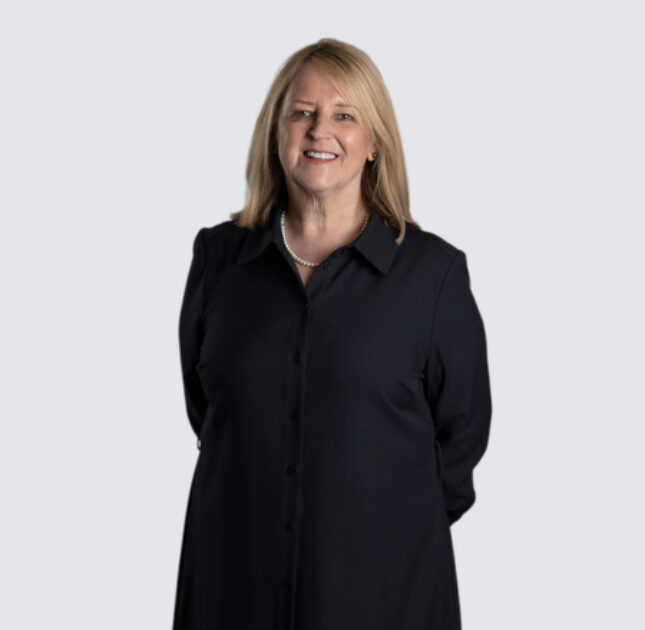The latest figures released by the Office for National Statistics (ONS) are as stark as they are overdue: an estimated 1 in 4 adults in England and Wales have experienced some form of domestic abuse since the age of 16. That’s 12.6 million people, with 30% of women and 22% of men reporting abuse. This rise in prevalence is not because domestic abuse is on the rise, but because we are finally asking the right questions.
Thanks to improved methodology that reflects the Domestic Abuse Act 2021, the Crime Survey for England and Wales now captures a broader and more accurate picture of abuse, including coercive control, economic abuse, health-related abuse, and forced marriage. This is a significant step forward in helping victims feel seen and supported.



